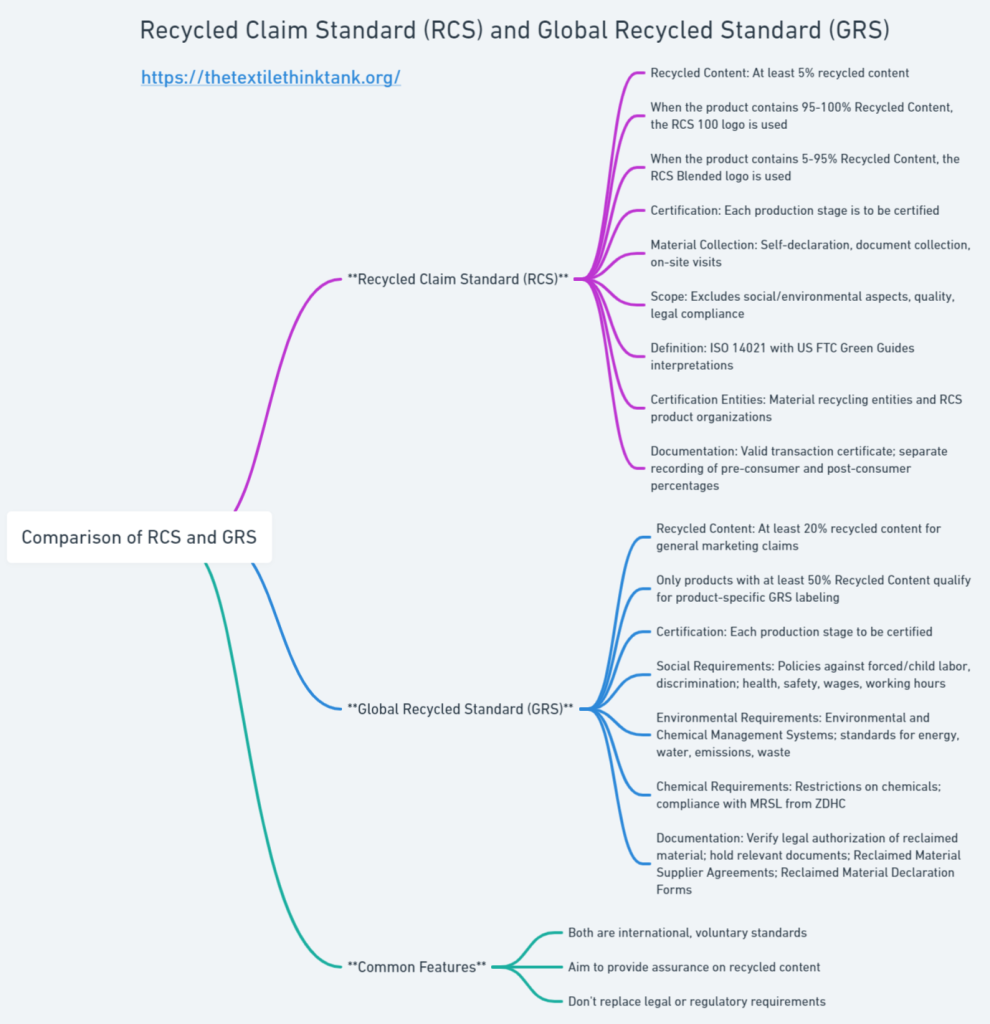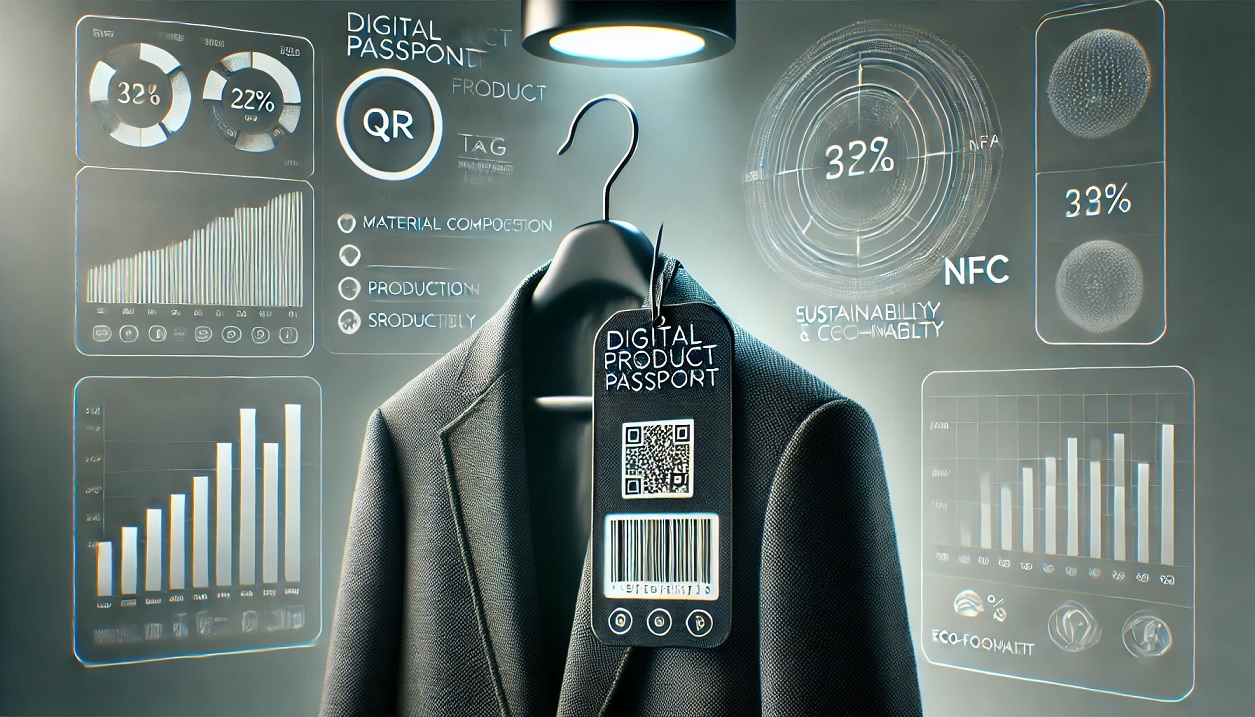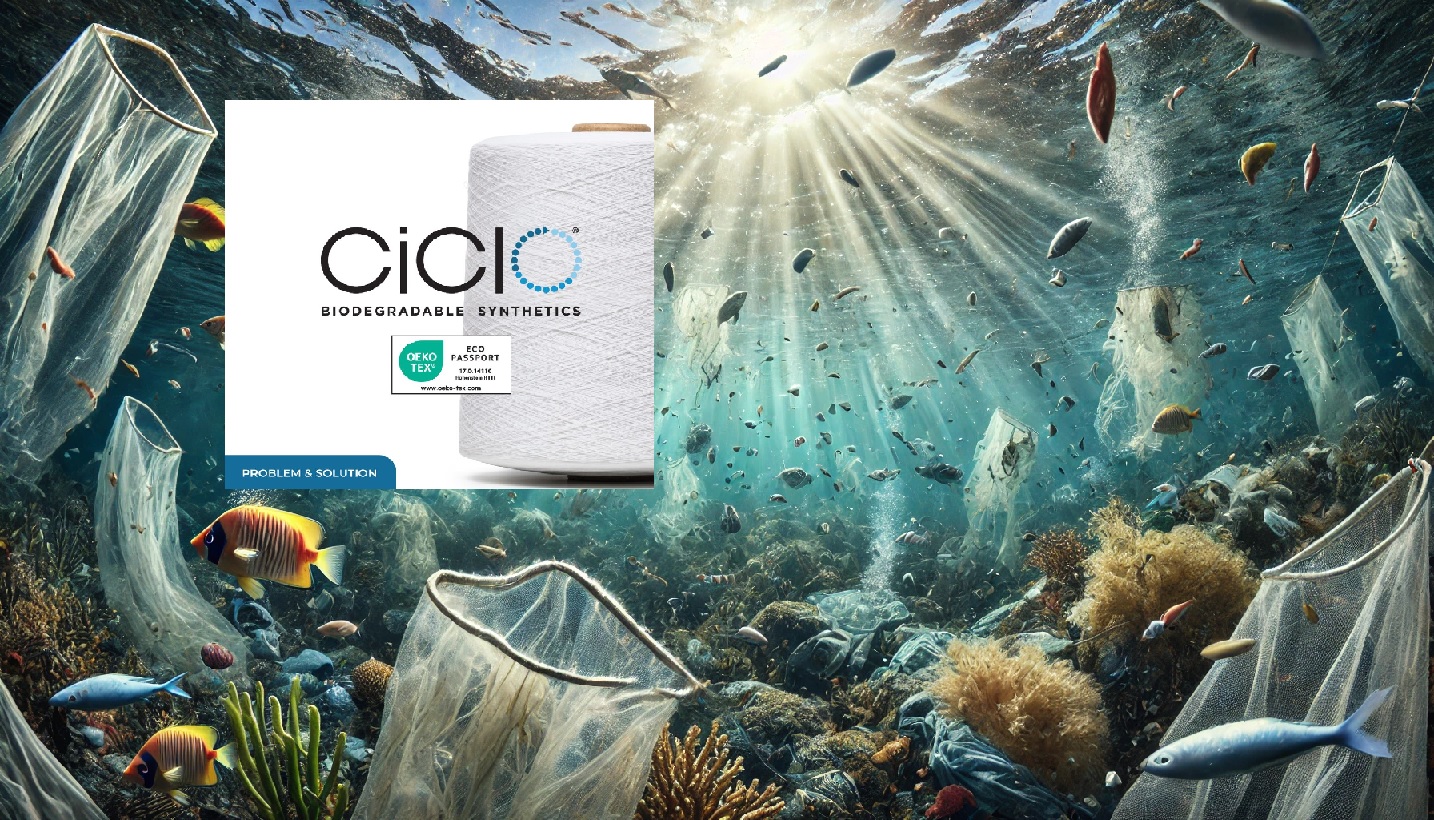This article briefly explains two standards for recycled textiles.

Recycled Claim Standard (RCS)
The Recycled Claim Standard (RCS) is an international, voluntary standard that sets requirements for third-party certification of recycled input and chain of custody. The goal of the RCS is to increase the use of recycled materials. Here are the key requirements of the RCS in simple bullet points:
- Applicable to products containing at least 5% recycled content.
- Each stage of production must be certified, starting from the recycling stage to the last seller in the final business-to-business transaction.
- Material collection and material concentration sites are subject to self-declaration, document collection, and on-site visits.
- The standard does not address social or environmental aspects of processing and manufacturing, quality, or legal compliance.
- RCS uses the ISO 14021 definition of recycled content, with interpretations based on the US Federal Trade Commission Green Guides.
- Material recycling entities are subject to RCS certification.
- Entities involved in material recycling must verify the legal authorization of all sources of reclaimed material and hold valid reclaimed material supplier agreements.
- Organizations involved in the production and trade of RCS products are subject to RCS certification.
- All recycled materials entering the supply chain must have a valid transaction certificate (TC) issued by an approved certification body.
- Pre-consumer and post-consumer recycled material content percentage must be recorded separately for each batch at every certified site and recorded on the transaction certificate.
These requirements ensure that the recycled materials used in products are properly tracked and verified, providing consumers and businesses with a tool to make informed decisions and assurance that materials are actually recycled and in a final product.

Global Recycled Standard (GRS)
The Global Recycled Standard (GRS) is an international, voluntary standard that sets requirements for third-party certification of recycled content, chain of custody, social and environmental practices, and chemical restrictions. The main requirements of the GRS can be summarized as follows:
- Recycled Material Requirements: The standard applies to products that contain 20% or more recycled content. It provides verification of the chain of custody for recycled material, in accordance with the Content Claim Standard. The standard also restricts the use of hazardous chemicals in the processing of GRS products. .
- Social Requirements: Certified organizations must have a clear set of policies to ensure compliance with the social requirements of the GRS. These include prohibitions on forced, bonded, indentured and prison labor, child labor, and discrimination, harassment, and abuse. They also include requirements for health and safety, wages, benefits, terms of employment, and working hours. .
- Environmental Requirements: The GRS requires an Environmental Management System and a Chemical Management System. It also sets requirements for energy use, water use, wastewater/effluent, emissions to air, and waste management. .
- Chemical Requirements: The GRS sets out requirements for chemical management, including restrictions on certain chemical substances. It also requires compliance with the Manufacturer’s Restricted Substance List (MRSL) from ZDHC. .
- Supply Chain Requirements: Each stage of production is required to be certified, beginning at the recycling stage and ending at the last seller in the final business-to-business transaction. Material Collection and Material Concentration sites are subject to self-declaration, document collection, and on-site visits. .
- Documentation: Entities involved in Material Recycling are required to verify that all sources of reclaimed material have legal authorization to operate for the relevant function, and hold copies of the relevant documents. They must also hold valid Reclaimed Material Supplier Agreements for all suppliers of reclaimed material and collect and retain completed Reclaimed Material Declaration Forms from their suppliers for all reclaimed material inputs.
Please note that this is a voluntary standard and is not intended to replace the legal or regulatory requirements of any country. It is the responsibility of each operation to demonstrate compliance with all applicable laws and regulations related to marketing, labor, and business practices.
Two Types of RCS/GRS Claims
RCS/GRS Claims can be categorized into two types: General Marketing Claims and Product-Specific Claims.
General Marketing Claims refer to claims that do not reference a specific product. These claims may indicate or imply that a company meets the requirements of the RCS/GRS, purchases RCS/GRS certified products, or certifies in accordance with the RCS/GRS. Examples include information on a website, banners at a trade show, mention of RCS/GRS in an advertisement, catalog, or point-of-sale marketing.
Product-Specific Claims refer to claims that reference a specific product. These claims indicate or imply that a specific product meets the requirements of the RCS/GRS. These claims may be made on or off the products. Examples include hangtags, online product descriptions, catalog product descriptions, or point-of-sale marketing where the claim is connected to a specific product. In summary, RCS/GRS Claims are used to communicate a company’s commitment to using recycled materials and adhering to the Recycled Claim Standard (RCS) or Global Recycled Standard (GRS). General Marketing Claims apply to the company as a whole, while Product-Specific Claims apply to individual products that meet the RCS/GRS requirements.
When the product contains 95-100% Recycled Content, the RCS 100 logo shall only be used. Any non-certified material shall not be of the same type as the certified material.
When the product contains 5-95% Recycled Content, the RCS Blended logo shall be used. There are no other restrictions on the remaining content



